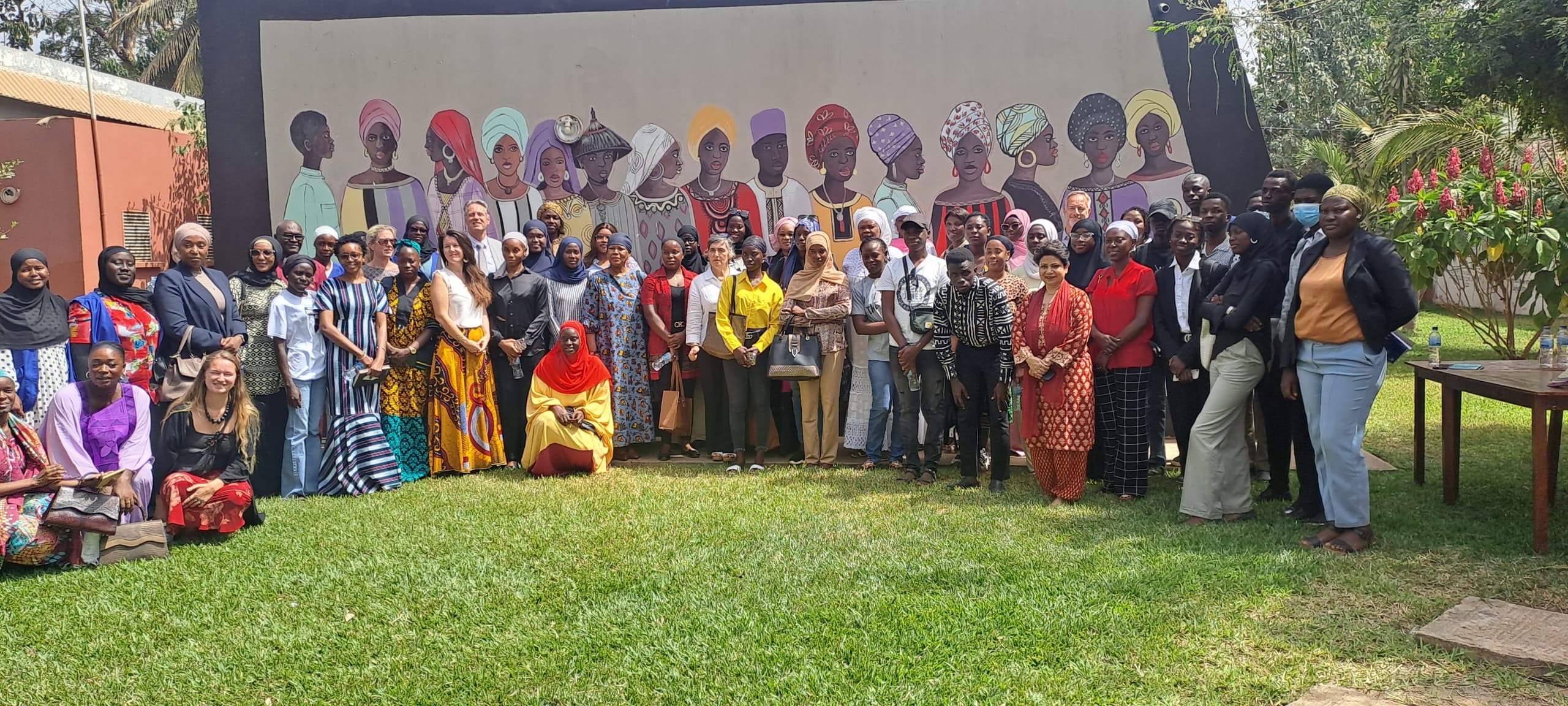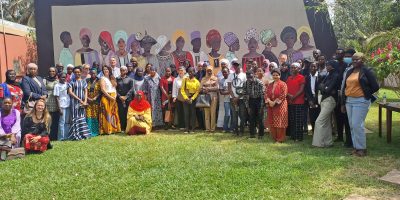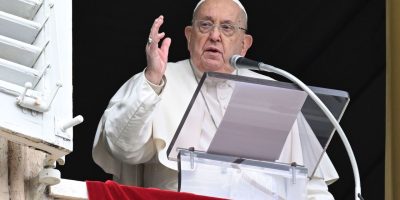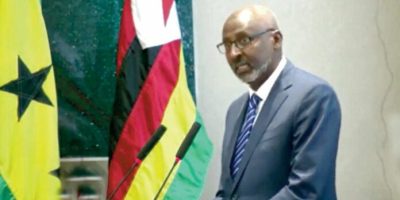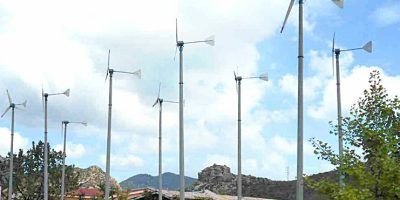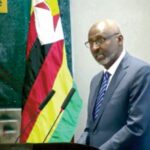– Advertisement –
Women entrepreneurs, executives, diplomats and university students met at the Alliance Francaise Wednesday for a roundtable discussion focusing on women’s participation in entrepreneurial activities and economic development of the Gambia.
The forum is organised by the EU Delegation in Banjul as part of events marking International Women’s Day which is celebrated annually in March to honour the social, economic, cultural, and political achievements of women and to advocate for gender equality and to create positive change for women and girls.
The discussion offers space to advocate, share ideas and perspectives on women’s economic empowerment in the Gambia and to address the barriers that women entrepreneurs face such as social, cultural norms, gender disparities and unfavorable policies which curtail their economic growth, development and financial independence.
GCCI’s chief executive officer Sarata Conateh, Gambia Women Chamber of Commerce’s chief executive officer Beatrice Mboge, Joko Labs business development manager Madelline Ileleji, EU ambassador to the Gambia Immaculada Roca I Cortes and CEO of Jarga Designs Jankeh Njie were the panelists.
In her presentation, Ms Conateh stated that women entrepreneurs face a number of challenges including lack of financial literacy and lack of capital as a major challenge affecting their business growth and development. She adds, as a result of these factors women entrepreneurs find it difficult or even impossible to effectively participate in procurement, construction and agricultural services.
CEO Conateh reiterated GCCI’s commitment to working on programmes and activities that promote women’s financial literacy, networking skills and ensure their full participation in economic development and social well-being of the society.
– Advertisement –

She revealed that GCCI is pushing and advocating for the government to adopt a quota system to ensure gender balance in public procurement.
Gambia Women’s Chamber of Commerce CEO Beatrice Mboge described the agriculture and horticulture sectors as lucrative ventures for women to develop their businesses and gain financial independence but lamented their activities are heavily constrained by lack of access and control of communal lands due to cultural and traditional factors.
She said there is a need for the government to put in legislative instruments and gender balanced land policies to promote women’s access to land.
Business development expert, Madeline Ileleji said a lot of women entrepreneurs in the Gambia are making headway driving innovation, job creation and income generation in the tech sector, e-commerce, fashion design and tailoring among others. According to her, there are promising opportunities in the agriculture and education sectors that can be leveraged by women premised on capacity building, coaching, mentorship and empowering them with digital skills and funding opportunities.
– Advertisement –
FAO representative in the Gambia Shibu Rampedi said in addition to women’s triple burden of household work, community support initiatives and low paid jobs, they are also faced with gender stereotypes, sexual harassment and others often prohibiting them from progressing in their businesses. She called for actions to ensure women are not just beneficiaries but play active roles in all economic activities.
Gambian-Norwegian entrepreneur Jankey Njie who was invited to share her own experiences and career growth having returned to the Gambia to launch her brand JARGA design which creates luxury bags for international and local markets, urged women to stay resilient in their pursuits, dream big, ask questions and to not allow their immediate challenges stagnate them. Jankey welcomed the forum and emphasised the need for creation of more safe spaces to discuss critical issues affecting women, their personal development and success story to inspire the younger generation.
EU Ambassador to the Gambia Immaculada Roca i Cortes averred that societies where women are empowered have a better rate of success and economic development.
She expressed profound appreciation to the incredible work of Gambian women in their bid to be fully part of the active society. The ambassador however stated that; “more work needs to be done in different sectors from human rights, to basic education, access to learning, finance, markets and training. Countries where the economic spectrum has a high rate of women are more successful in decreasing poverty and therefore a more resilient and more developed society. Women are replicators of growth because they take care of the communities.”
The EU diplomat expressed her organisation’s commitment to gender equality in its external affairs.

